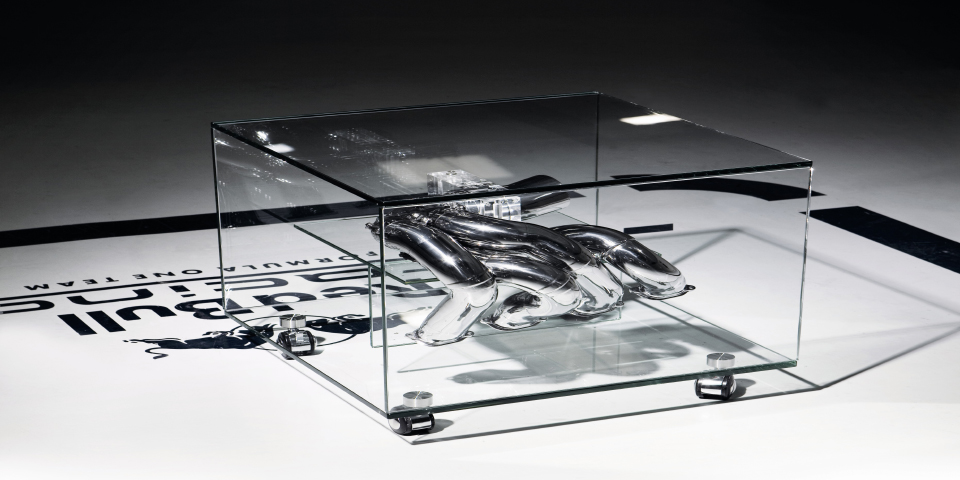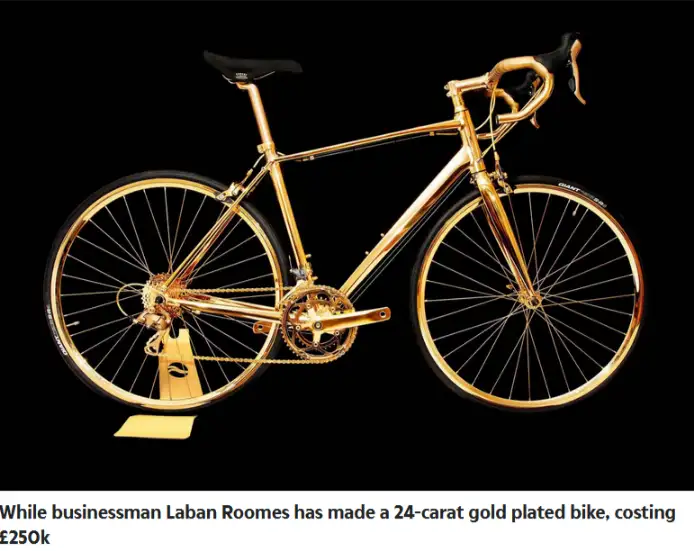Gold Slips to 6-Week Low as Eurozone Hits “Last Resort” with Gold Swaps
From Adrian Ash
China Swears Off “Nuclear” T-Bond Sales
- THE PRICE OF GOLD bounced from a new 6-week low in London trade Wednesday morning, recovering to $1192 per ounce after two news stories were seen extending yesterday’s drop.
- First, news broke that central banks – widely assumed to be from troubled Eurozone states – have used a record volume of their gold reserves to raise “gold swap” currency loans from the Bank for International Settlements (BIS).
- Then on Wednesday morning, China’s SAFE currency-reserve managers repeated their view that gold couldn’t possibly replace US Treasury bonds as the “main channel” for holding Beijing’s massive FX reserves.
- “Precious metals were already on the back foot,” says one Hong Kong dealer. “The news triggered stop-loss selling.”
- “We saw good buying” however, says a Singapore dealer to Reuters. “Clients are hungry for more physical gold.”
- “We’ve been selling gold since last week,” said another, “but it’s difficult to get hold of materials within a short period.”
- Tuesday’s late fall in gold prices came after analyst Matt Turner at London’s VM consultancy noted 346 tonnes of “gold swaps” in a report published last week by the Bank for International Settlements (BIS).
- The first such BIS gold swaps since the 1970s, and raising some $14 billion in currency loans for central banks pledging gold as collateral, “It’s the biggest gold swap in history,” says Bache Commodities’ senior metals strategist Andy Smith.
- Short of specific central-bank names – but widely assumed to be the Eurozone’s troubled PIIGS – “It suggests a bit of a last-resort measure,” says Philiip Klapwijk of the GFMS consultancy.
- Such gold swaps in 2009 were “nil”, the BIS report says. “According to monthly data from the International Monetary Fund, the swaps have surged since January, when the Greek debt crisis erupted,” notes the Financial Times.
- “[This is] a further sign of strains in the money markets on which many rely for funding…Euribor, the rate at which Eurozone banks lend to each other, has risen for 27 successive days.”
- For now, the BIS reports, the gold it holds via the swaps remains “at central banks”. But the BIS “has more ability to liquidate those holdings” than their central-bank owners, reckons Nicholas Johnson, a manager of Pimco’s $16 billion Commodity Real-Return Strategy Fund.
- “Sovereign financial troubles [may not be] unambiguously bullish for gold,” he tells the Wall Street Journal.
- Under the terms of the BIS gold swaps, however, “The Bank has an obligation to return the gold at the end of the contract.” (Go to page 58 here.) So the metal would only be sold outright if the cash borrower – the central-bank pledging gold bullion as collateral – went bankrupt, and the BIS sought to cover its loss.
- “Surely gold prices would soar, even in the face of such a sale,” notes a comment at the FT‘s Alpha blog.
- Wednesday morning meantime saw gold prices slip further after the State Administration of Foreign Exchange (SAFE) in Beijing repeated its preference for US Treasury bonds over gold bullion in its $2.4 trillion reserves.
- Asian and European stock markets retreated, while government bonds rose and the US Dollar ticked higher on the currency market.
- Silver prices fell to a 1-month low at $17.55 an ounce. Broad commodity prices held flat.
- “Gold has high international approval, and its store of value function is good,” SAFE said in a published Q&A on its website.
- “[But] gold cannot become China’s main channel for foreign exchange reserve investment.”
- Confirming its national gold reserves at 1054 tonnes of gold bullion – unchanged from the 75% increase reported in April 2009 – the agency said that, even if gold doubled “again” in price, China could still only put $300-400 million of its foreign exchange reserves into the metal.
- “The gold market’s capacity for massive investment is limited,” says SAFE, noting annual gold mining output of 2400 tonnes and “basically balanced” demand-supply dynamics.
- “If we buy up massive quantities of gold,” the Q&A goes on, “it would definitely push the international gold price higher [which would] harm the domestic consumer.”
- That repeats a view given in March by SAFE chief and People’s Bank deputy-governor Yi Gang.
- Private households buying gold in China have bought 1659 tonnes of metal since the start of 2004, data collated by the GFMS consultancy shows.
- “Foreign exchange reserve management must be a mutually beneficial win-win process,” SAFE goes on, reaffirming its policy of holding the vast bulk of its $2.4 trillion reserves in US Treasury bonds, and denying that it would choose the “the Assassin’s mace” or “nuclear choice” of selling Washington’s debt.
Adrian Ash
Gold price chart, no delay | Buy gold online at live prices
Formerly City correspondent for The Daily Reckoning in London and head of editorial at the UK’s leading financial advisory for private investors, Adrian Ash is the editor of Gold News and head of research at BullionVault – winner of the Queen’s Award for Enterprise Innovation, 2009 – where you can buy gold today vaulted in Zurich on $3 spreads and 0.8% dealing fees.
(c) BullionVault 2010
Please Note: This article is to inform your thinking, not lead it. Only you can decide the best place for your money, and any decision you make will put your money at risk. Information or data included here may have already been overtaken by events – and must be verified elsewhere – should you choose to act on it.












